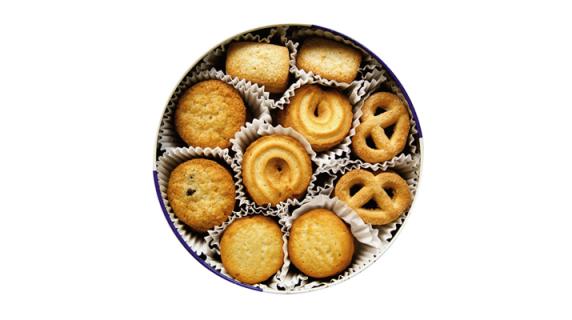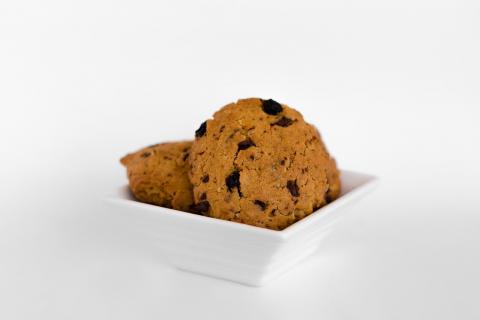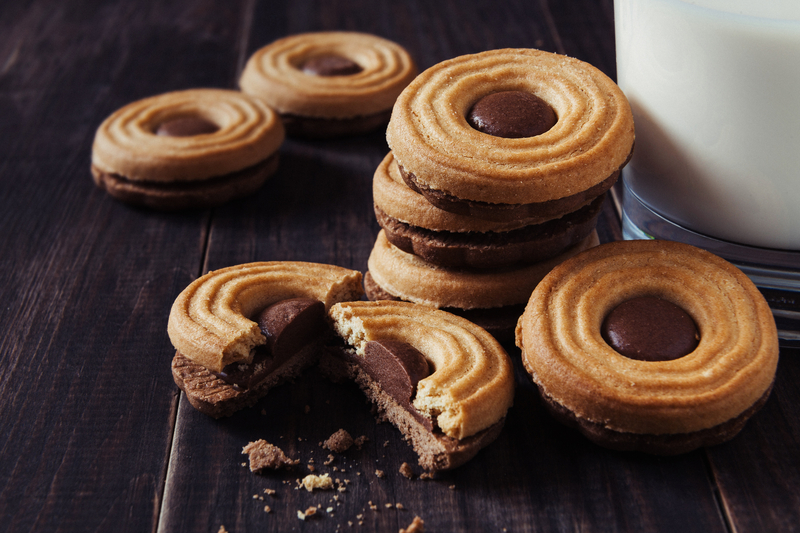Why does wire cut biscuit dough get sticky when using oil?

Hello
When using oil in a wire cut type cookie (no chips or inclusions), it gets sticky.It causes a lot of problems in process (extruder roll stuck, bad piece deposit, breakage of wires, etc...). When we use solid shortening, dough is perfect. The mixer is a Tonelli vertical type, ~400-450 kg capacity, no jacket, 30 rpm as lower speed. Ingredient water is room temperature.
We don’t have resources to cool the dough below 28ºC, I tried to reduce mixing time, include ice scraps, reduce mixer velocity, increase emulsifier and oil, reduce water, with no results so far. My intention was to achieve a max 21 ºC dough to avoid gluten development, what I believe is the cause of the stickiness.
I really don’t know why this occurs only with oil. And I don’t know how to eliminate this issue. I have been using oil in dough for many moulded and laminated biscuits and crackers so far, with no issues, since some measures are taken, of course.
Maybe someone could explain to me what could be done to solve this issue, and the reason it occurs only with oil in dough?
Thanks in advance


A short piece about Saint Nicholas' inspiring life, as well as biscuits made for the special day.

If you like to travel and also like to eat cookies this article is your meant to be! Enjoy reading about the most famous cookies around the world.

Halloween trends for this year are spooky good: including biscuit brands that offer BOO Oreos, Reese's Pumpkin special stories and more – sit back, ti...

Danish Butter Cookies comprise five cookies, including deposited and rotary moulded cookies.

How to make chocolate chip cookies? Process for chocolate chip cookies – short cookies with inclusions of chocolate chips or nuts.











The score is based on the number of created courses at BPA (150 points per course), the number of the lectures given at BPC (100 points per lecture), published articles (20 points for every approved article in Our Experts category ), number of resolved questions (10 points for every resolved question) and the number of asked questions (5 points for every asked question). The list is showing only top 10 biscuit industry experts.




